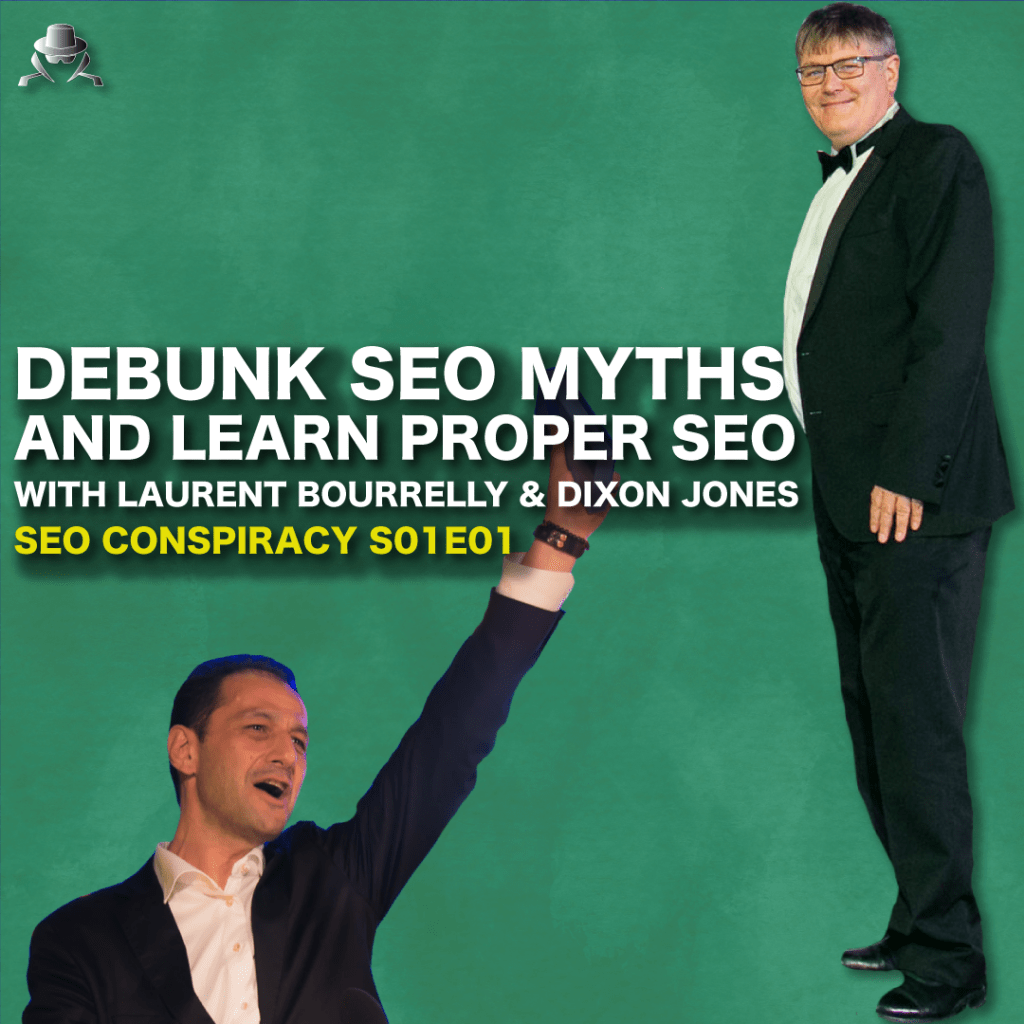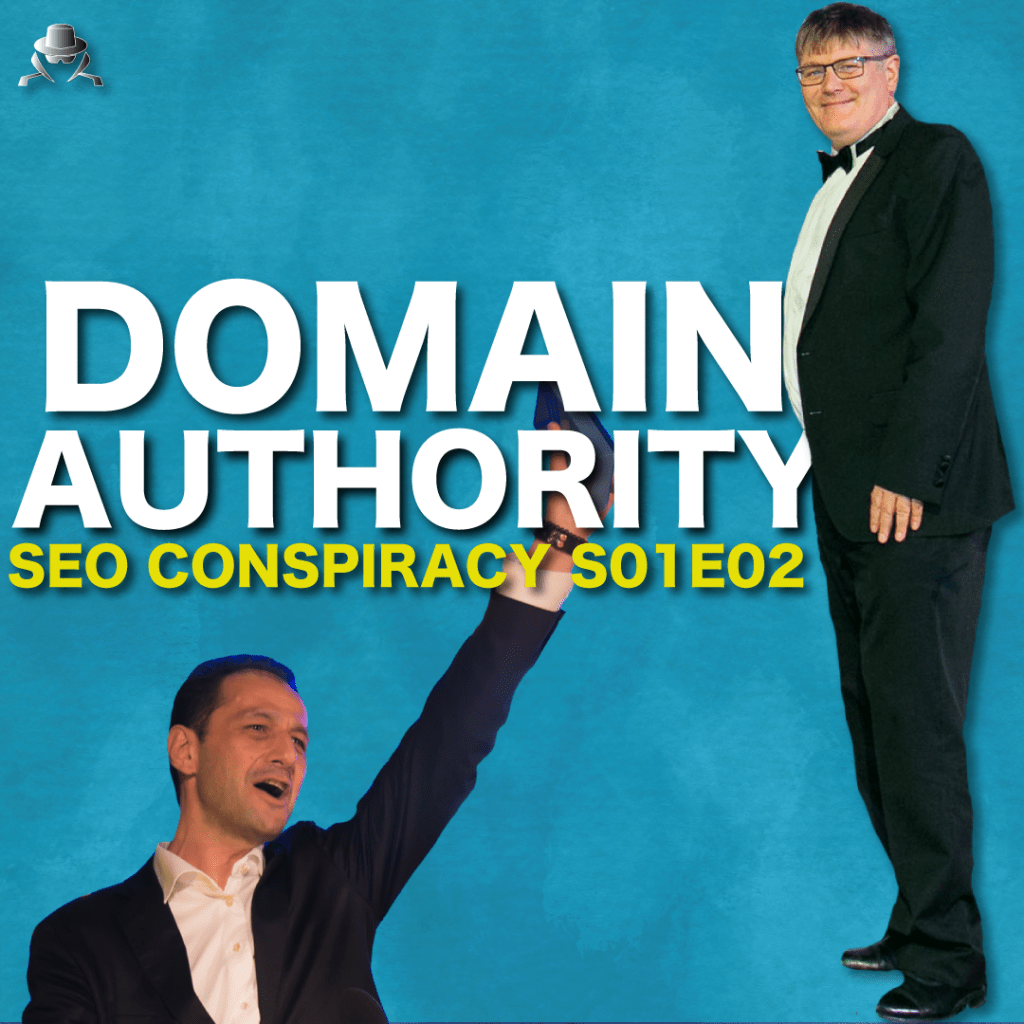WITH BILL SLAWSKI FROM SEOBYTHESEA.COM
SPECIAL EDITION #2
I’m proud to call myself a Search Engine Hacker.
I never had the financial need to use Black Hat SEO in its most aggressive form, but I don’t care much for Google Guidelines either.
SEO by the Sea saved me countless hours of research.
Being able to communicate with Bill, mostly through comments on his blog or Twitter, has been an insanely valuable resource.
Bill Slawski helped me acknowledge the stupid things I said.
His SEO blog also led me to find new clues to complete my quest to give Google what it wants.
His contribution to my knowledge about the craft of SEO is not small. Today, I’m honored to invite Bill Slawski from SEO by the Sea.
In this 2 hours discussion, we get to know Bill, then we move onto his favorite Search Engine and Search Engine Optimization conspiracy theories.
There is a lot to pick up from Bill’s mindset.
He defines what a great SEO expert is made of : never giving up. Great minds are always inspiring.
Moreover, when such a great mind is as cool as Bill, be ready to learn some great tips.
Don’t look for short term tips & tricks.
Try to emulate how Bill approaches a problem.
We never take for granted the time you spend to watch our content.
Watch the video:
Learn the Mindset of a Great Google Search Engine Hacker with Bill Slawski
Welcome to SEOconspiracy.com! Today, we’re diving into the fascinating mind of Bill Slawski, a true legend in the world of search engine optimization (SEO). Known for his expertise in dissecting Google patents and uncovering their implications, Bill shares insights into what makes a great search engine hacker. Let’s explore how curiosity, persistence, and critical thinking are essential traits for mastering SEO.
The Curious Beginnings of a Search Engine Hacker
Bill’s journey into SEO started in 1996. “I was working as a technical legal administrator at a courthouse and stumbled upon an opportunity to build a website for a friend,” he recalls. With a book on HTML and a lot of determination, Bill discovered his passion for search engines and their intricacies.
“My mom’s gardening advice taught me to think critically,” he adds. “She explained how certain plants deter pests from others. It’s a puzzle—like understanding Google’s algorithms. You observe, experiment, and connect the dots.”
The SEO Mindset: Never Give Up
Bill’s blog, SEO by the Sea, showcases his ability to turn curiosity into actionable insights. With over 1,400 blog posts, he’s become a beacon for SEOs eager to decode Google’s mysterious algorithms.
“The number one quality required for a great SEO is persistence,” Bill emphasizes. “Every day, you wake up and dig deeper, whether it’s patents, papers, or real-world experiments. Never give up.”
This persistence isn’t about chasing quick wins; it’s about solving puzzles. Bill compares SEO to photography: “A great photographer knows when to be in the right place at the right time. Similarly, a great SEO sees what others overlook in search results.”
Lessons from Patents and Papers
Bill’s specialty lies in analyzing Google patents and research papers to uncover hidden gems.
Why Study Patents?
“Patents reveal Google’s problem-solving processes,” Bill explains. “They might not always be implemented, but they show how Google thinks.”
He emphasizes the importance of understanding the people behind the patents. “When I see a new patent, I research the inventors. Knowing their background gives insights into their intentions. For example, Anna Patterson’s work on recall and freebase shaped modern search as we know it.”
The Value of Research Papers
Unlike patents, research papers often provide raw, unfiltered ideas. “A paper might describe foundational concepts before they become algorithms,” Bill says. “For example, Google’s work on word embeddings builds on older research like latent semantic analysis (LSA). Understanding these roots helps predict future developments.”
Debunking SEO Myths: Cargo Cult Science
Bill often confronts myths in the SEO community, likening them to “cargo cult science”—blindly following rituals without understanding their purpose.
LSI Keywords
One of his biggest battles has been against the myth of “LSI keywords.”
“Latent Semantic Indexing (LSI) was a method developed in the 1980s for indexing small databases,” he explains. “Google doesn’t use LSI for search. It’s too computationally expensive and outdated. Instead, they use advanced techniques like word embeddings.”
Domain Authority
Another favorite target is the “Domain Authority” metric.
“Google doesn’t rank domains; they rank pages,” Bill asserts. “Domain Authority is a third-party metric. While useful for competitive analysis, it’s not part of Google’s algorithm.”
The Shift to Entities and Topics
SEO is no longer about keywords; it’s about entities and relationships. Bill points out how Google’s knowledge graph and machine learning models have transformed search.
“Google doesn’t think in words,” he says. “It thinks in vectors and relationships. For example, the phrase ‘Lincoln’ could mean a car, a president, or a city. Google uses context to determine the correct entity.”
To succeed in this era, Bill advises focusing on topical relevance. “Think of it as a mystery word game,” he says. “Your goal is to make Google guess the topic without explicitly stating it.”
The Future of Search
With advancements in AI and machine learning, search is evolving rapidly.
“Google is moving towards a world where they predict your queries before you ask them,” Bill predicts. “From smart devices to vocal search, the future is about context and personalization.”
However, he cautions that these changes come with challenges. “The algorithms are dumbing down nuanced information,” he notes. “For now, Google struggles with subtlety, but they’ll get there.”
Becoming a Search Engine Hacker
Bill’s advice for aspiring SEOs is simple yet profound:
- Be Curious: Always ask why and dig deeper.
- Think Critically: Don’t accept information at face value.
- Never Give Up: SEO is a marathon, not a sprint.
- Focus on Users: Solve real problems, not just algorithmic ones.
By following these principles, anyone can develop the mindset of a great search engine hacker—just like Bill Slawski.
Until next time, keep questioning, keep learning, and keep hacking the search engine puzzle!


